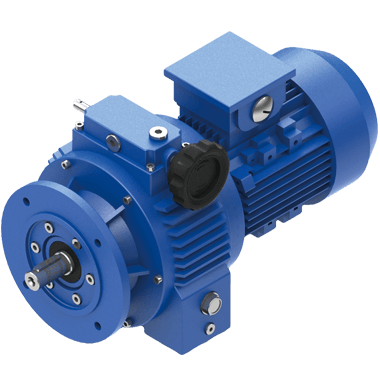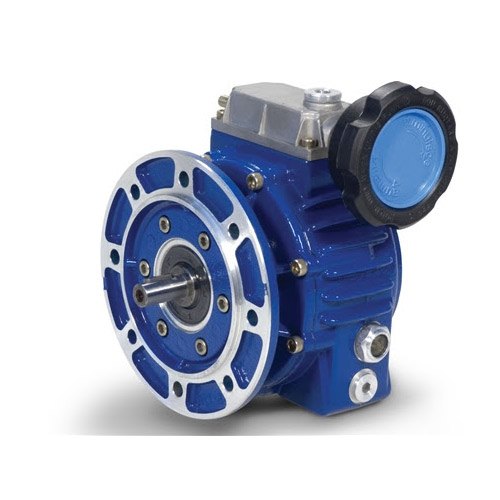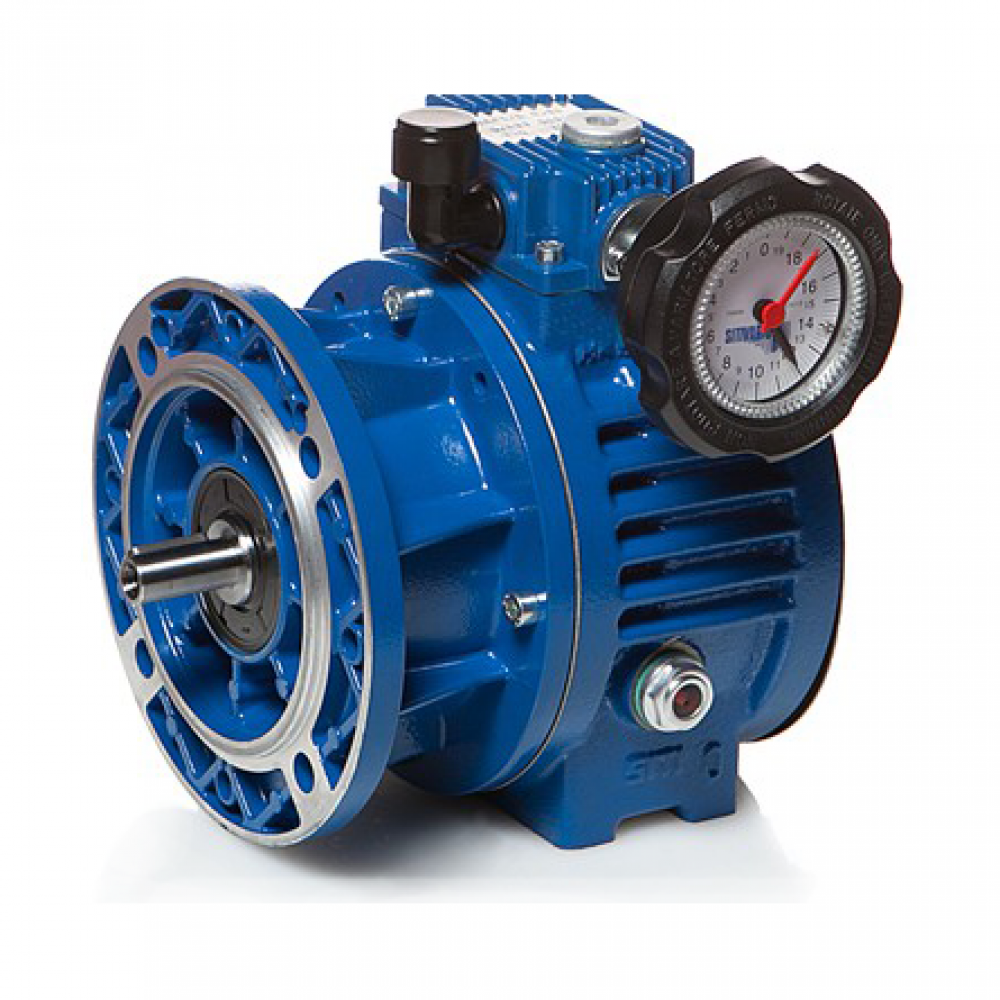Product Description
Variable frequency drive AC Drive VFD frequency variator 3.7kw input 3 Phase
APPLICATION —– WATER PUMP, FAN……
CHZIRI Product Acessories
TECHNICAL OF ZVF300H SERIES
1. Output frequency: 0-600Hz.
2. Multiple password protection mode
3. Remote control operation keypad,convenient for remote control.
4. V/F curve &multi-inflection point setting,flexible configuration.
5. Keyboard parameter copy function.Easy to set the parameters for multi-inverters.
6. Wide industry application.To expand special function according to different industries.
7. Multiple hardware and software protection and optimized hardware for anti-interference technology.
8. Multi-step speed and wobble frequency running (external terminal 15 steps speed control).
9. Unique adaptive control technology.Auto current limiting and voltage limiting and under-voltage restrain.
10. Optimized external installation and internal structure and independent air flue design,fully enclosed electrical space design.
11. Output automatic voltage regulation function.(AVR),automatically adjust the output pulse width.To eliminate the influence of the grid change on load.
12. Built-in PID regulation function to facilitate the realization of closed loop control of the temperature, pressure and flow.And reduce the cost of the control system.
13. Standard MODBUS communication protocol.Easy to achieve the communication between PLC, IPC and other industrial equipments.
Outline Dimension (unit:mm)
| Inverter Model | Power (KW) G/P |
Current (A) |
Dimension (mm) | Figure | |||||
| H | H1 | W | W1 | D | d | ||||
| ZVF300H-G3R7/P5R5T4MD | 3.7KW/5.5KW | 9.0A/13A | 215 | 205 | 145 | 135 | 193 | Φ4 | Fig.1 |
Scope of application:
CHINAMFG frequency inverter applied at the metallurgy, plastomer,textile,food-stuff,petroleum,chemical industry,paper-making,pharmacy,printing, building material,crane,music spring,water supply systerm and all kinds of machine equipment.As AC asynchronous motor’s driving and speed control.
Frequency Inverter can use in the following environmental
| Ambient | Place to be used | Indoor location free from direct exposure to sun light, high humidity or dew condensation, high levels of dust, corrosive gas, explosive gas, inflammable gas, oil mist, salt and etc |
| Altitude | Below 1000 M | |
| Ambient Temperature | -10 C to +45 C (Bare Machine: -10 C to+50 C) | |
| Humidity | 20%-90% RH without dew condensation | |
| Vibration | <0.5G | |
| Storage temperature | -20~+60C | |
| Structure | Protection class | IP20 |
| Cooling mode | Forced air cooling | |
| Installation mode | Wall mounted or floor-type actuator |
PACKAGE DETAILS
FAQ
1. Can I get some samples?
Yes.Sample order is available for quality check and market test .But you have to pay for it .
2. What’s delivery time?
It usually takes about 3-5 working days for small order and 10-15 days for big order.
3. What’s your payment terms?
We usually accept all kinds of payment terms.Such as T/T,L/C.Western Union.Cash.
4. What’s your warranty terms?
We offer 12 months warranty time .
5. Do you have the products in stock?
Depends on your request ,We have standard models in stock.Some special products and big order will be newly produced according to your order.
6. Can I mix different power in 1 container.
Yes,Different models can be mixed up in 1 container,even 1 order.
7. How does your factory do the quality control?
Quality is priority,we always attach the importance to quality control from the beginning to the end of the production,every product will be fully assembled and carefully tested before packing and shipping.
8. Can you sell spare parts ?
I f you are using CHINAMFG products,we can sell spare parts to you.But we couldn’t sell the half-finished products.
9.I would like to know if you have a partner for export?
Yes .CHZIRI Electrical have the right to export and can sell electrical product all over the world..
10. Can you make the inverter and soft starter control boards (switchgear)?
Yes. We have a lot of experience to design frequency inverter and soft starter cabinet according to your request.But you can send us the wiring diagram.
11.Can the inverter connect with computer?
Yes .All inverters have built-in RS485 port,and support Modbus communication protocol.
12.How can I trust you ?
The core of CHINAMFG electrical culture is honesty and loyalty,our company has been audited and approved ISO9001,CE.CCC.Assessment report will could be sent to you by e-mail,also,we are the made-in-china’s gold supplier since 2008.Now we have clients all around the world.
Customer support
- Email Customer Support:
- 8:30am-16:45pmSunday-Friday.
- All emails will be responded to within 12-24hours.
Returns
- Please note that all returns must be pre-approved by us.Unauthorized returns will not be accepted.If you need to return, please check twice to confirm the item not work and contact our customer service representative,let us know the detailed problem and send us some pictures for confirmation.
- We ONLY accept returns with original package.Please make sure that item has NO man-made sabotage.Used items will not be accepted for return.
/* March 10, 2571 17:59:20 */!function(){function s(e,r){var a,o={};try{e&&e.split(“,”).forEach(function(e,t){e&&(a=e.match(/(.*?):(.*)$/))&&1
| Application: | to Drive and Control The Speed of The Motor |
|---|---|
| Output Type: | Triple |
| Principle of Work: | SVC Control , V/F Control. Torque Control |
| Samples: |
US$ 135/Piece
1 Piece(Min.Order) | Order Sample |
|---|
| Customization: |
Available
|
|
|---|
.shipping-cost-tm .tm-status-off{background: none;padding:0;color: #1470cc}
|
Shipping Cost:
Estimated freight per unit. |
about shipping cost and estimated delivery time. |
|---|
| Payment Method: |
|
|---|---|
|
Initial Payment Full Payment |
| Currency: | US$ |
|---|
| Return&refunds: | You can apply for a refund up to 30 days after receipt of the products. |
|---|

What factors should be considered when selecting a variator for different industrial applications?
When selecting a variator for different industrial applications, several factors need to be considered to ensure optimal performance and compatibility. Here are the key factors that should be taken into account:
1. Load Requirements:
The first factor to consider is the load requirements of the specific industrial application. Determine the torque and power demands of the machinery or equipment that the variator will be driving. It is essential to select a variator that can handle the anticipated load conditions without exceeding its maximum torque or power capabilities. Consider factors such as starting torque, peak torque, and continuous torque requirements to ensure the variator can handle the load effectively.
2. Speed Range:
Consider the required speed range for the application. Determine the minimum and maximum speeds that the variator needs to achieve. Variators are designed to operate within specific speed ranges, so it is crucial to select a model that can accommodate the required speed range while maintaining optimal performance. Additionally, consider the desired speed resolution or increments required for precise speed control.
3. Environmental Conditions:
Take into account the environmental conditions in which the variator will operate. Factors such as temperature, humidity, dust, and vibration levels can impact the performance and longevity of the variator. Choose a variator that is designed to withstand the specific environmental conditions of the industrial application. For example, some variators are specifically designed for harsh or hazardous environments and have enhanced protection against dust, moisture, or extreme temperatures.
4. Control System Integration:
Determine how the variator will integrate with the control system of the industrial application. Consider compatibility with existing control interfaces or protocols, such as analog, digital, or fieldbus systems. Ensure that the variator can be easily integrated into the control architecture of the machinery or equipment, allowing for seamless communication and control. Compatibility with programmable logic controllers (PLCs) or other control devices should also be evaluated.
5. Operational Efficiency:
Evaluate the operational efficiency of the variator. Look for features that contribute to energy efficiency, such as low power losses or regenerative capabilities. A variator that operates efficiently can help reduce energy consumption, lower operating costs, and minimize the environmental impact. Consider features like automatic energy optimization, energy monitoring, or sleep modes that can enhance the overall efficiency of the variator.
6. Maintenance and Serviceability:
Consider the ease of maintenance and serviceability of the variator. Look for features that simplify maintenance tasks, such as accessible components, user-friendly interfaces, and diagnostic capabilities. Additionally, consider the availability of spare parts and the reputation of the manufacturer or supplier in terms of customer support and after-sales service.
7. Cost and Budget:
Finally, evaluate the cost of the variator and its alignment with the budget for the industrial application. Consider the initial purchase cost as well as the long-term operational costs, including energy consumption, maintenance, and potential downtime. It is important to strike a balance between the desired features, performance, and cost-effectiveness to ensure the best value for the specific application.
By considering these factors – load requirements, speed range, environmental conditions, control system integration, operational efficiency, maintenance and serviceability, and cost – when selecting a variator for different industrial applications, you can make an informed decision that meets the specific needs of the machinery or equipment, ensuring reliable and efficient operation.

How do variators contribute to the adaptability and versatility of machinery in different settings?
Variators play a significant role in enhancing the adaptability and versatility of machinery across various settings. Their unique design and functionality offer several benefits that enable machinery to perform effectively in diverse environments. Here’s a detailed explanation of how variators contribute to adaptability and versatility:
1. Variable Speed Control:
One of the key features of variators is their ability to provide variable speed control. By adjusting the gear ratio continuously, variators allow machinery to operate at different speeds, optimizing performance based on specific requirements. This adaptability in speed control enables machinery to adapt to different tasks, environments, and operating conditions, making them versatile in handling a wide range of applications.
2. Smooth and Seamless Transitions:
Variators offer smooth and seamless transitions between different gear ratios. Unlike traditional transmissions with fixed gear steps, variators eliminate the need for manual gear shifting, resulting in uninterrupted power delivery. This smooth transition allows machinery to adapt rapidly to changing loads, terrain, or operational demands, ensuring consistent performance and minimizing downtime.
3. Enhanced Torque and Power Distribution:
With variators, machinery can achieve enhanced torque and power distribution. By continuously adjusting the gear ratio, variators optimize the power transfer from the source (e.g., engine or motor) to the driven components. This adaptability in torque and power distribution enables machinery to handle varying loads and tasks efficiently, improving productivity and versatility across different settings.
4. Ability to Handle Variable Loads:
Variators excel in handling variable loads, which is crucial in many applications. Machinery often encounters situations where the load fluctuates due to changing materials, processes, or external factors. Variators can dynamically adjust the gear ratio to match the load requirements, ensuring optimal performance without straining the machinery. This adaptability to variable loads enhances the versatility of machinery in different settings.
5. Flexible Power Band:
Variators offer a flexible power band, allowing machinery to operate within its most efficient range. By continuously adjusting the gear ratio, variators enable the machinery to maintain the engine or motor speed at its optimal level, maximizing power output while conserving energy. This adaptability to the power band enhances the efficiency and adaptability of machinery across various settings.
6. Customizable Performance:
Variators often provide options for performance customization. They may include adjustable parameters or settings that allow operators to fine-tune the machinery’s behavior based on specific requirements. This customization capability enhances the adaptability of machinery, enabling it to be optimized for different tasks, environments, or operator preferences.
7. Integration with Advanced Control Systems:
Variators can seamlessly integrate with advanced control systems, such as electronic control units (ECUs) or programmable logic controllers (PLCs). This integration enables precise control and monitoring of the variator’s operation, allowing for adaptive and intelligent responses to changing conditions. By leveraging advanced control systems, variators enhance the adaptability and versatility of machinery by enabling features like automated performance adjustments, load sensing, and fault diagnostics.
In summary, variators contribute significantly to the adaptability and versatility of machinery in different settings. Their variable speed control, smooth transitions, enhanced torque and power distribution, ability to handle variable loads, flexible power band, customizable performance, and integration with advanced control systems all work together to enable machinery to adapt to diverse tasks, environments, and operating conditions. This adaptability and versatility enhance the machinery’s performance, productivity, efficiency, and overall utility across various settings.

Can you provide examples of products or machinery that use variators for speed control?
Yes, variators are used in a wide range of products and machinery for speed control purposes. The ability to adjust the gear ratio continuously makes variators ideal for applications where precise speed control is required. Here are some examples of products and machinery that utilize variators for speed control:
1. Automobiles:
In the automotive industry, variators are commonly used in continuously variable transmissions (CVTs) for speed control in passenger cars, SUVs, and other vehicles. CVTs with variators allow for seamless and continuous adjustment of the gear ratio, enabling precise speed control and efficient power delivery. Variators in automobiles contribute to improved fuel efficiency, smoother acceleration, and enhanced driving comfort.
2. Motorcycles and Scooters:
Variators are also utilized in the transmissions of motorcycles and scooters for speed control. CVTs with variators provide riders with the ability to adjust the speed output smoothly and precisely. By continuously varying the gear ratio, variators offer a responsive and customizable riding experience, allowing riders to adapt to different road conditions and riding preferences.
3. Industrial Machinery:
In industrial settings, variators are used in various types of machinery that require speed control. For example, variators can be found in conveyor systems, where they allow for precise adjustment of the conveyor belt speed to match the specific production requirements. Variators are also used in pumps, fans, mixers, and other equipment that need variable speed control to optimize performance and energy consumption.
4. Agricultural Equipment:
Agricultural machinery, such as tractors, combines, and harvesters, often utilize variators for speed control. Variators in these machines allow farmers and operators to adjust the speed according to the specific tasks at hand, such as plowing, seeding, or harvesting. This flexibility enables efficient operation in various agricultural operations and field conditions.
5. Construction and Earthmoving Equipment:
Variators are used in construction and earthmoving equipment to regulate the speed of machines like excavators, loaders, and bulldozers. By controlling the gear ratio, variators enable operators to adjust the speed of these machines, allowing for precise and efficient performance in tasks such as digging, lifting, and pushing materials.
6. Marine Applications:
Marine vessels, including boats, yachts, and ships, utilize variators for speed control. In marine applications, variators are employed to adjust the propeller speed and optimize power delivery based on the desired speed and operating conditions. Variators in marine applications offer benefits such as improved fuel efficiency, enhanced maneuverability, and smooth acceleration.
7. HVAC Systems:
Variators are used in heating, ventilation, and air conditioning (HVAC) systems for speed control of fans and blowers. By adjusting the gear ratio, variators allow for precise control of the airflow, ensuring that the fans operate at the desired speed for efficient heating, cooling, and ventilation in residential, commercial, and industrial settings.
8. Exercise Equipment:
In the fitness industry, variators are employed in exercise equipment such as treadmills, elliptical trainers, and stationary bikes. Variators enable users to adjust the speed and resistance levels of the equipment, providing a customizable workout experience to meet individual fitness goals and preferences.
In summary, variators for speed control are utilized in a wide range of products and machinery, including automobiles, motorcycles, industrial machinery, agricultural equipment, construction and earthmoving machinery, marine applications, HVAC systems, and exercise equipment. The ability to continuously adjust the gear ratio allows for precise speed control, optimizing performance and efficiency in various applications.


editor by CX 2023-12-19